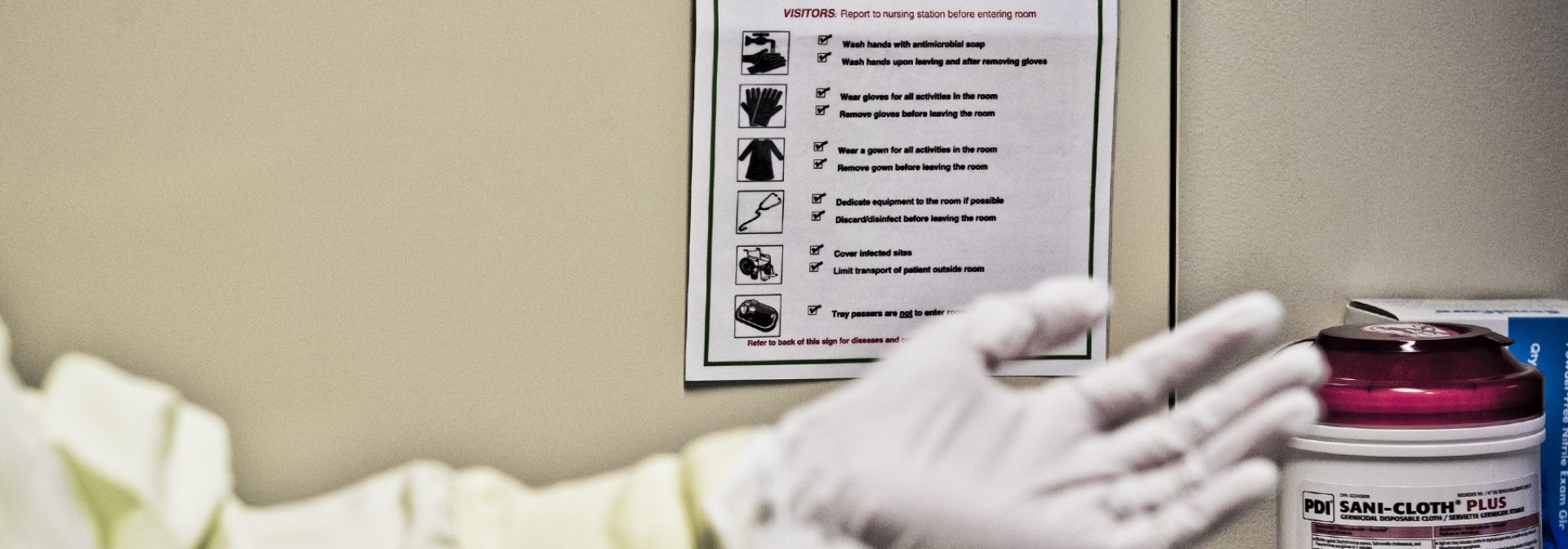Effective immediately masking is required for everyone when present on all inpatient units, in the Emergency Department (ED), the Urgent Care Centre (UCC), and the Children’s Outpatient Centre (COPC).
We work very hard to make sure the hospital is free from infectious diseases and that we limit the spread of any potential infectious diseases. To do this, patients, family and visitors have a role to play and there are several things you can do to help.
Keep your distance
If your friends or family members are planning to visit you, make sure to let them know they should postpone their visit if they are experiencing symptoms of infection such as a new or worse cough, a fever, diarrhea or vomiting. They should wait to visit until they are symptom free for 48 hours.
If you, as a patient, are experiencing symptoms of infection such as a new or worse cough, a fever, diarrhea or vomiting, you should clean your hands with alcohol-based hand-sanitizer, cover your mouth with a mask and tell a member of your care team right away. Also, to help limit the spread of infection, limit contact with other patients or visitors and avoid common areas of the hospital or other patient rooms.
Clean your hands
One of the easiest and most effective ways to prevent the spread of infection is to clean your hands. You will notice alcohol-based hand-sanitizer dispensers throughout the hospital and we encourage everyone to use them frequently. You can also wash frequently with soap and hot water. It is especially important to clean your hands:
- Before entering a patient room and immediately after leaving a patient room.
- Before eating or drinking anything.
- Before and after using the toilet or a bedpan.
- Before and after touching any hospital equipment.
- Before and after blowing your nose, sneezing, coughing or touching any other part of your face.
- Before and after any physical contact with another patient.
- Upon entrance to and exit from the hospital.
And remember, you are encouraged to ask visitors and any member of your care team to clean their hands before and after they see you, even if they don't make physical contact with you.
Wear protective equipment
Sometimes you may see a sign posted outside the door of a patient’s room indicating that extra infection, prevention and control precautions are being taken to help prevent the spread of infection throughout the hospital. If you see one of these signs and are planning to enter the room, be sure to ask a member of the care team to help you with the proper protective attire or equipment which may include gloves, a gown, a mask and even eye protection. You will need to do this before entering the patient room, and then remove it and clean your hands when you leave.

